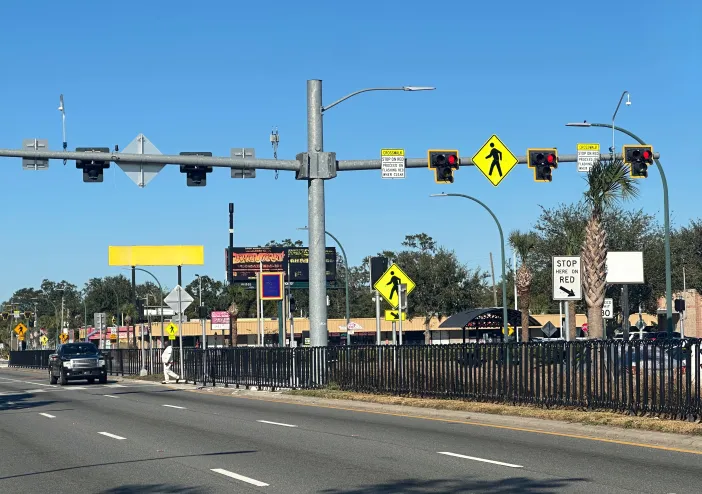Additionally, the collaboration is intended to advance automated driving and digitalisation of services.
It follows a trial of the LTE-V mobile communication standard for connected cars in the city of Wuxi, eastern China, in 2017. Drivers received real-time traffic information via connections to traffic light systems and video monitoring at intersections.
Audi says the project will enter its next phase at the World Internet of Things Exposition in Wuxi in September.










